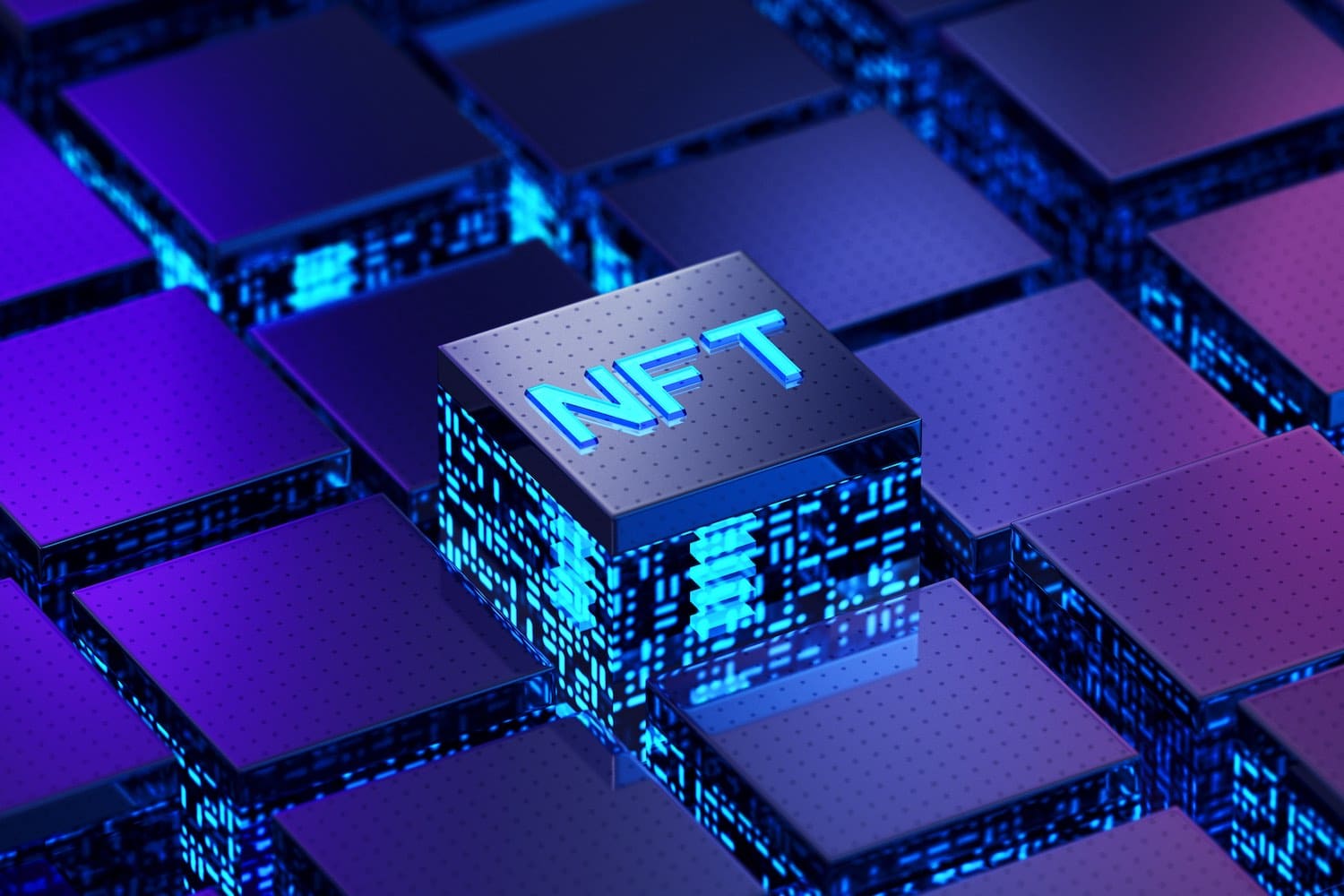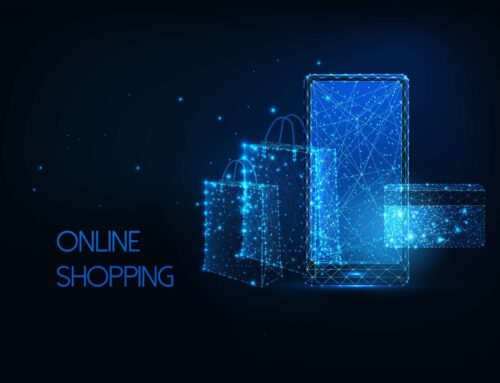While digital marketing is a relatively nascent branch of marketing, it has started to show signs of becoming oversaturated. The incredibly fast-paced rhythm in which marketing technology has progressed, and continues to do so, in the last 10 years, is evident through exhibits such as the rise of neuromarketing.
Digital marketing has revolutionised the relationship between brand and consumer, through social media. The consumer is now able to interact with a brand through comments, reviews and responses, instead of passively accepting the message like in the past.
NFTs are the next step of evolution in that relationship, because they revolve around the concept of ownership. With this technology, the consumer can participate in decisions the brand makes regarding future products, services and events. An easy-to-follow example of this is the “create-to-earn” system, mostly found in gaming, where players are allowed to create their own items and sell it to other users within the game.
Numerous major firms have launched NFT campaigns and items, betting that NFTs are a digital revolution that is here to stay. According to research, 14% of content and media planners currently include NFTs as part of their marketing and media strategy.
Why NFTs are important
NFTs, or non-fungible-tokens, can be understood as a unit of digital information (token) that is stored on a blockchain and is not inherently interchangeable with other digital assets. An NFT is by nature a dematerialised good that cannot be interchanged. For example, a painting is hard to trade in real life, due to the complexity of measuring its value. Likewise, an NFT operates on the same principle. It is a digital asset stored on a blockchain system, which ensures the certification and authentication of the NFT, making it almost impossible to falsify or counterfeit – an emerging issue, as demonstrated in recent examples of the likes of deepfake technology.

How NFTs can help digital marketing
As with all marketing strategies, it is important to ask the right questions before you start creating a plan. NFTs are certainly not, yet, a marketing solution for all companies. Their nature of establishing ownership and authenticity, however, makes it very fitting for the following categories of brands:
- Brands that have a heavy marketing orientation
- Brands that rely on exclusivity
- Brands that already have (or wish to create) a strong presence in the virtual realm (i.e Metaverse)
Can NFTs lead to further brand awareness?
NFTs have been trending since 2020, and, in the last two years, almost everyone knows what this technology encompasses, even on a surface level. Virality is an important concept for brands, as items that become viral can put a brand on the map almost overnight. By creating NFTs, companies can jump on the trend bandwagon and exploit the buzz that is vibrant right now, as it can make a brand appear innovative and “with the times”.
NFTs can also be a tool for brands that already have popularity and an established audience. Popular brands can be under more scrutiny than start-ups or smaller companies, since their audience has considerably higher expectations and always anticipates “something new”. With NFT items, brands can keep consumers on their toes and give them the opportunity to experience a new market, one that consists of completely innovative products.
The correlation between NFTs and customer loyalty
As mentioned above, ownership is an important aspect of NFTs. It can help you build a closer relationship between your brand and customer base. With the abundance of available brands, it is crucial to create a loyal community. NFTs can be a means to provide consumers a virtual certification of originality, or represent a percentage of copyrights for the products they buy, thus forming a bond of trust between them and the brand.
Moreover, NFTs have been used to enhance the sense of community, by providing rewards to the customers. Rewards make consumers feel appreciated and help deliver a memorable experience, while also promoting engagement. This can be achieved through organising exclusive events for NFT holders, creating loyalty schemes, or even offering the audience benefits of the intellectual properties of the brand through the purchase of NFTs.
How NFTs can contribute to data collection
NFTs can also be a very effective way to collect consumer data and yield valuable information. Through NFTs, companies can get a sense of what consumers buy, which brands and products they prefer, and their purchasing frequency. This information is crucial for satisfying their current audience but also for acquiring new customers.
Brands can use this data, not only to better target their overall strategy but to also leverage the rarity aspect of NFTs. Exclusive products are always more sought after due to their rarity, so knowing what products consumers prefer and making them exclusive through NFTs creates a reinforcing cycle with brand loyalty.
What the future holds for NFTs
The latest predictions show that there is a slow yet steady move towards the new wave of Web 3.0, and NFTs are the newest trend that play a big part in that evolution. It is important, however, to note that this shift is estimated to develop less rapidly than Web 1.0 and 2.0 as a commercial technological infrastructure, partly because a decentralised model is not in the best interest of platforms that act as intermediaries. As a result, the true possibilities and opportunities that NFTs can offer to brands may take a few years to become a reality.




